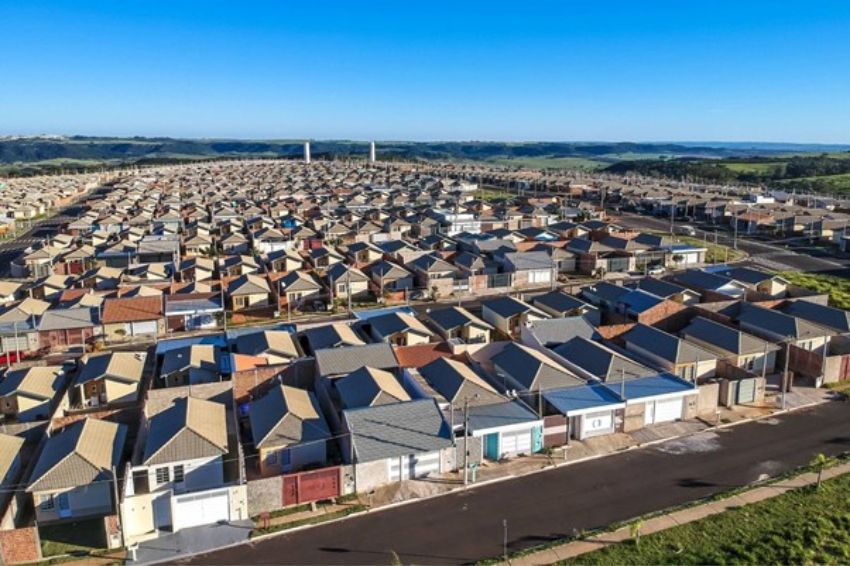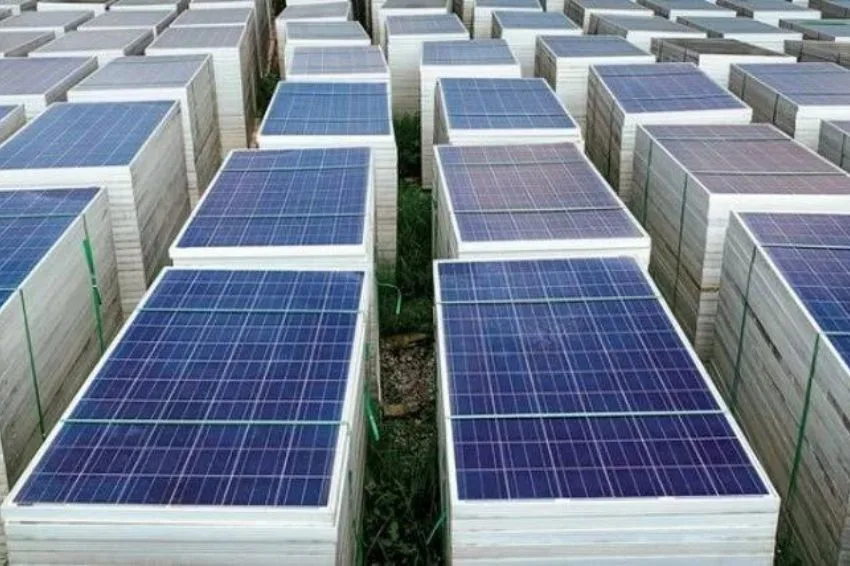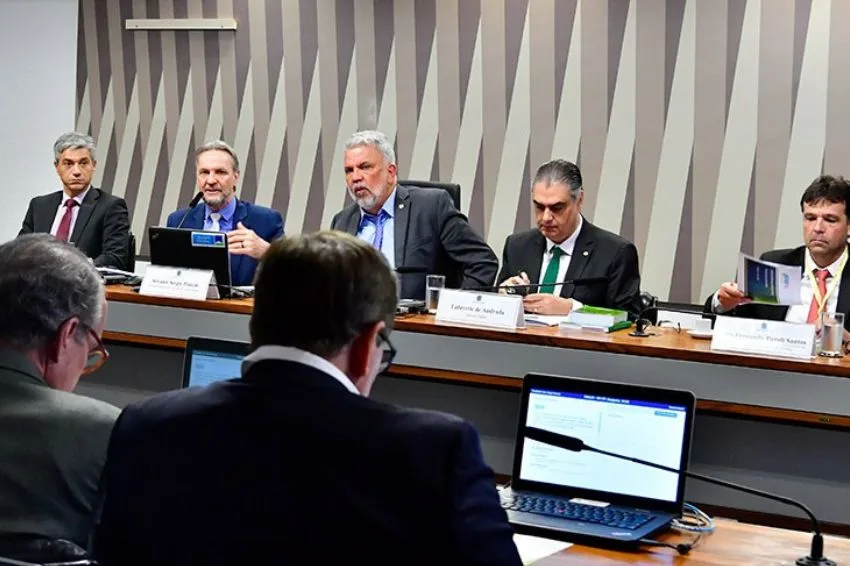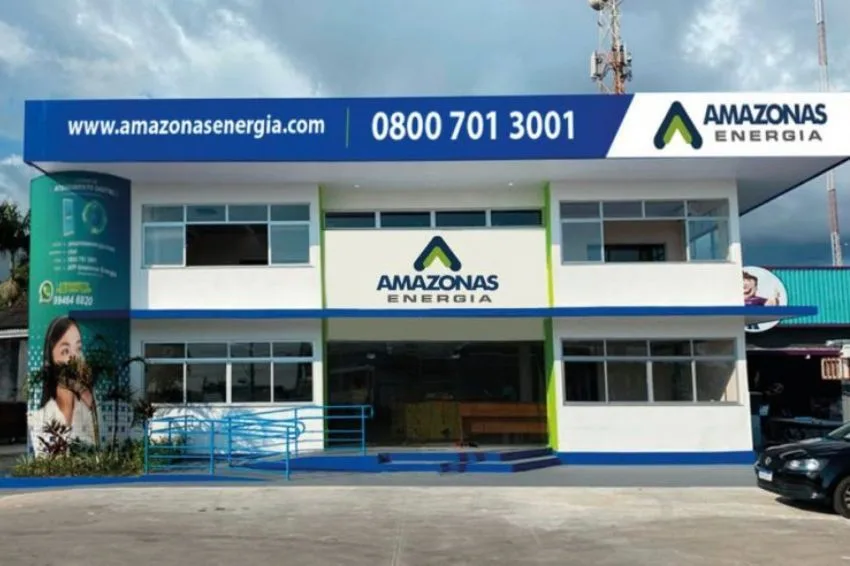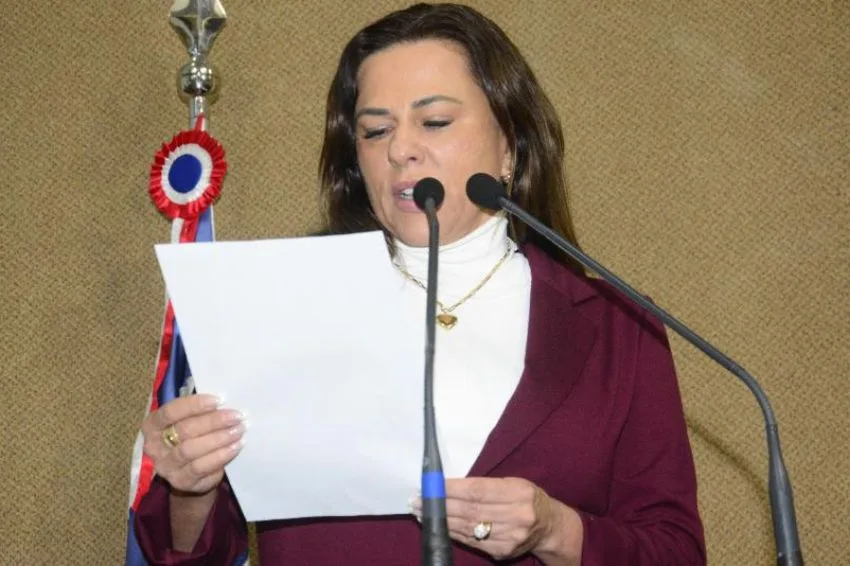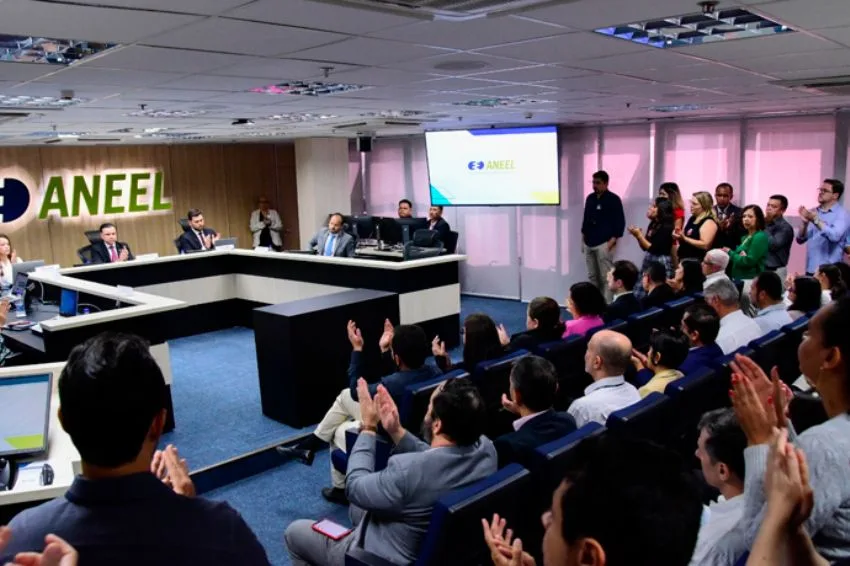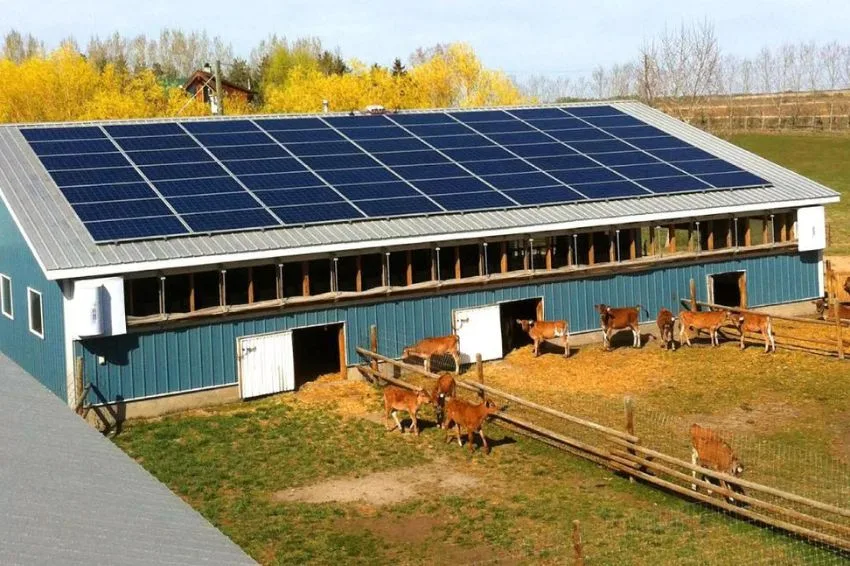O president of the Republic, Luiz Inácio Lula da Silva (PT) vetoed this Thursday (13) the article of MP 1162/2023 which provided for the implementation of solar energy in program housing My home, my life.
“There were several vetoes. What I can say specifically is that the issue of solar energy was one of the vetoes that took place, another was structuring insurance and the issue of notary offices was also vetoed. Then there will be some other vetoes, but they won't be much more than that. The main ones are these three”, said the minister of Cities Jader Filho to G1.
A decision outlet was already expected, since both Jader Filho and the minister of Mines and Energy, Alexandre Silveira, defended that the section was not sanctioned.
A measure to place solar panels in housing program units was inserted into the text of the MP during discussions and voting in the Senate.
O article had like goal democratize the access of more Brazilians to renewable sources and anticipated the obligation to purchase surplus of energy generated by the units by the distributors.
This last item generated friction and became a reason for discussions between associations that defend solar energy and entities in the electrical sector.
The distributors criticized the decision and ANEEL (National Electric Energy Agency) sent letter to MME (Ministry of Mines and Energy) stating that the installation of solar panels in housing under the program combined with the obligation to purchase this excess energy would cause an annual impact of more than R$ 1 billion, to be borne by other consumers through increases in tariffs.
Because of this, the Agency's claim was criticized by associations and entities linked to renewable energy, who stated that ANEEL had not taken into account in its calculation the benefits that solar energy in the program would bring to the country.
Revolusolar and ABSOLAR (Brazilian Solar Energy Association), for example, released a study indicating that the adoption of photovoltaic technology in the program can reduce solar subsidies by R$ 670 million. CDE (Energy Development Account) in 2023 and that the values would be increasingly higher from 2024 onwards.
The survey by Revolusolar and ABSOLAR was forwarded to the Federal Government. The document presented comparative scenarios, with and without the inclusion of solar energy in the program, and concluded that the benefits of the source will also be felt by other consumers who do not have the systems.


